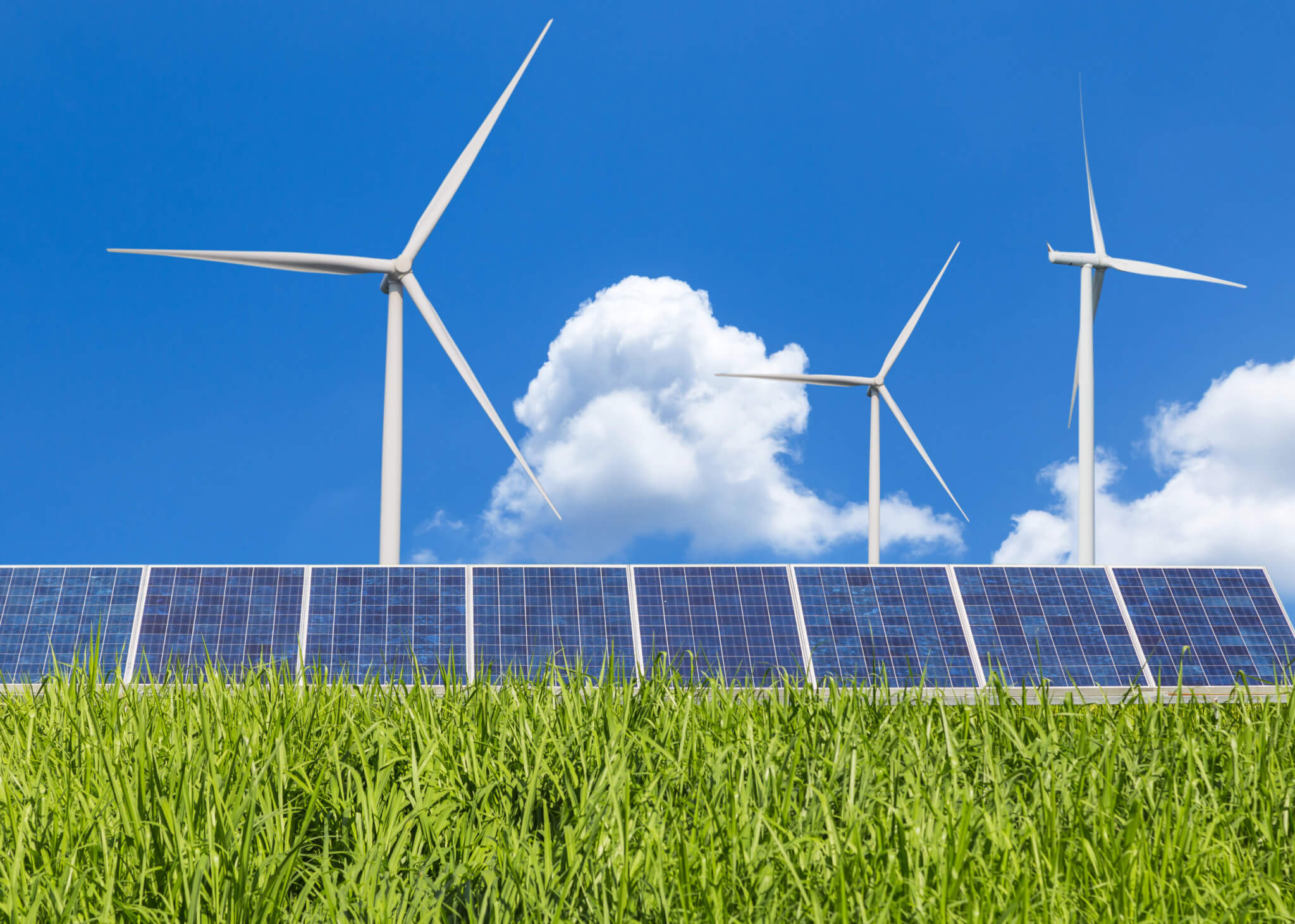Survey: people in Lithuania are most supportive of renewable energy
Renewable energy is the most favourably regarded sector in Lithuania. The majority of the country’s population is in favour of the production of electricity from renewable energy sources, according to a representative poll conducted by the public opinion research company Spinter Research.
In a poll conducted in May, when asked which method of electricity generation you favour the most, the vast majority of respondents chose renewable energy sources – solar, wind and others.
“The opinion of the Lithuanian population about renewable energy is steadily improving, not only because of the large renewable energy projects being implemented in the country, such as the first offshore wind farm in the Baltic Sea, but also because of the opportunity to become a producer of green electricity, thus securing lower prices and greater independence from fluctuations,” comments Edgaras Maladauskas of the Lithuanian Wind Energy Association (LVEA).
While the energy crisis in Ukraine caused by the Russian-led war may have contributed to a more favourable opinion towards renewable energy, Maladauskas points out that the Lithuanian population has been expressing its support for cleaner electricity generation long before then. According to the 2019 Eurobarometer, 70% of respondents in the country already shared the view that the European Union (EU) should encourage greater investment in renewable energy, compared to an average of 60% of respondents in EU countries.
Lithuania’s wind farms are also viewed positively by the population, with 77% of respondents in the 2022 survey saying that wind farms visible in the landscape are viewed positively.
Support for wind farms in rural areas
According to the latest survey, solar (67%) and wind (48%) are the most favoured forms of electricity generation in the country. Hydroelectricity was favoured by 22% of respondents.
“We have to admit that the electricity generation method that is the most commonly accepted is the one that is the most favoured – over the last decade, Lithuania has seen an increase in the number of not only solar power plants, but also new wind farms. During this time, a number of myths about the impact of these plants on the environment or on people have been busted, and many people have become convinced that both wind and solar are environmentally and human-friendly resources that can help us not only secure energy independence, but also combat the challenges of climate change,” says Mr Maladauskas.
Almost 60% of the electricity generated in Lithuania in 2022 came from renewable energy sources. Although the country’s installed wind power capacity only crossed the 1 GW mark this year, wind still accounts for the largest share of energy generation – according to the State Energy Regulatory Authority (SERT), wind power plants accounted for 73.7% of the total installed capacity of the renewable energy market in 2022. According to the LVEA, there are currently around 40 wind farms and hybrid parks in Lithuania
Renewable energy causes less discomfort
23% of respondents favoured nuclear power plants, 12% favoured thermal power plants. Both are also seen as the most uncomfortable ways of generating electricity, with only 14% of respondents citing nuclear power and 12% citing thermal power when asked which power plant would cause the least discomfort if it were 3 km or less from their home.
“Traditional ways of generating electricity using polluting fuels will become increasingly unacceptable not only because of the carbon emissions but also because of the relatively high cost of fuel. Meanwhile, nuclear energy is still plagued by fears and doubts, dictated by the painful lessons of the past,” said Maladauskas.
According to the survey, the power plants that cause the least discomfort among the population are renewable energy sources – solar (65% of respondents), wind (31%) and hydroelectric (16%).
19-26 May. “1009 respondents aged between 18 and 75 took part in a survey carried out by Spinter Research on 26-26 May.


